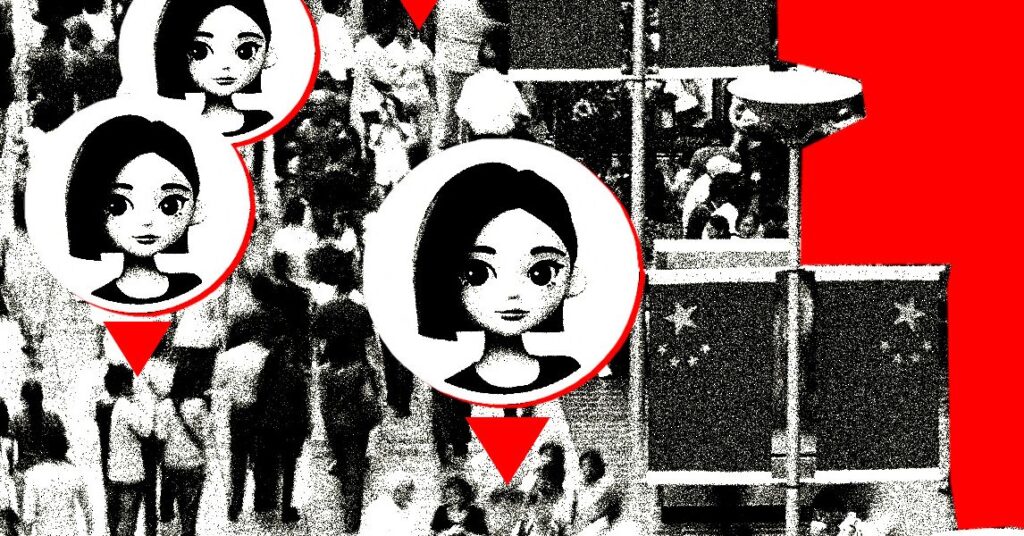How ByteDance Created China’s Leading AI Chatbot

When the Chinese AI startup DeepSeek captured global attention in January, it not only surprised Silicon Valley but also caught ByteDance, the parent company of TikTok, off guard. ByteDance had already rolled out Doubao, its own flagship AI assistant app boasting tens of millions of users. However, with DeepSeek quickly becoming the leading Chinese AI company, Doubao found itself overshadowed.
Fast forward to August, and ByteDance has made a comeback. Doubao reclaimed its position as the most popular AI app in China, with over 157 million monthly active users, according to QuestMobile, a Chinese data analytics firm. Meanwhile, DeepSeek, which recorded 143 million users, dropped to the second spot. That same month, venture capital firm a16z also ranked Doubao as the fourth-most-popular generative AI app globally, just trailing behind ChatGPT and Google’s Gemini.
Launched in 2023, Doubao was intentionally crafted to feel personable. Unlike most popular AI chatbots, Doubao’s app icon features a friendly-looking avatar—a female cartoon character with a short bob who welcomes users upon their first app launch. The name Doubao translates to “steamed bun with bean paste,” evoking “the nickname a user might give to a close friend,” said ByteDance vice president Alex Zhu during a public address in 2024.
In contrast to Western AI applications, “there’s a warmer, more inviting atmosphere,” remarks Dermot McGrath, a Shanghai-based investor and technologist. “For instance, ChatGPT feels more like a tool you engage with to accomplish a task and then exit. Doubao, on the other hand, presents a wealth of features and a vibrant user interface that maintains your interest longer.”
The Everything App
Doubao provides users with a bit of everything—it combines elements of ChatGPT, Midjourney, Sora, Character.ai, TikTok, Perplexity, Copilot, and more into one platform. It can communicate through text, audio, and video; generate images, spreadsheets, presentations, podcasts, and five-second clips; and allows users to tailor an AI agent for specific scenarios and share it on Doubao’s platform for others to use. Crucially, the app is intricately linked with Douyin, the Chinese counterpart to TikTok, enabling it to draw users from the video platform while directing traffic back to it.
ByteDance’s expansive strategy for Doubao seems to align perfectly with what Chinese users desire. Just over two years after its launch, Doubao has quietly emerged as the AI app of choice for many Chinese people—especially those who may not be well-versed in AI technology. Yet it remains largely unknown in the West.
“It’s aimed at individuals who aren’t the most tech-savvy, those who might favor voice chats and video interactions over text-based communication,” comments Irene Zhang, a researcher at ChinaTalk, a newsletter focused on Chinese tech. “Some of the earliest users I came across were grandmothers and aunties of my friends.”
